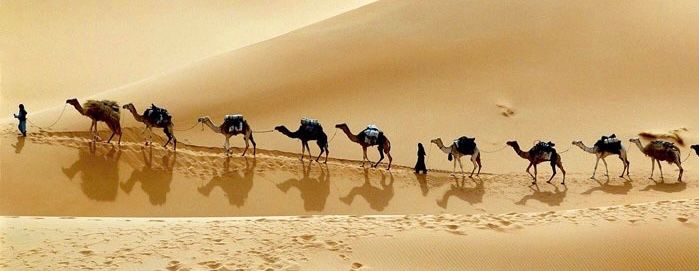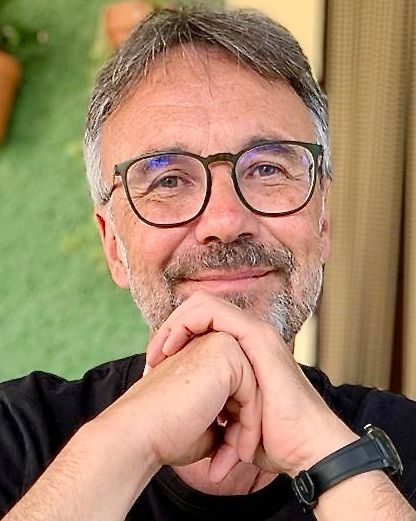"That has always been the case and won't be different"
Çap edildi: 28.02.2023
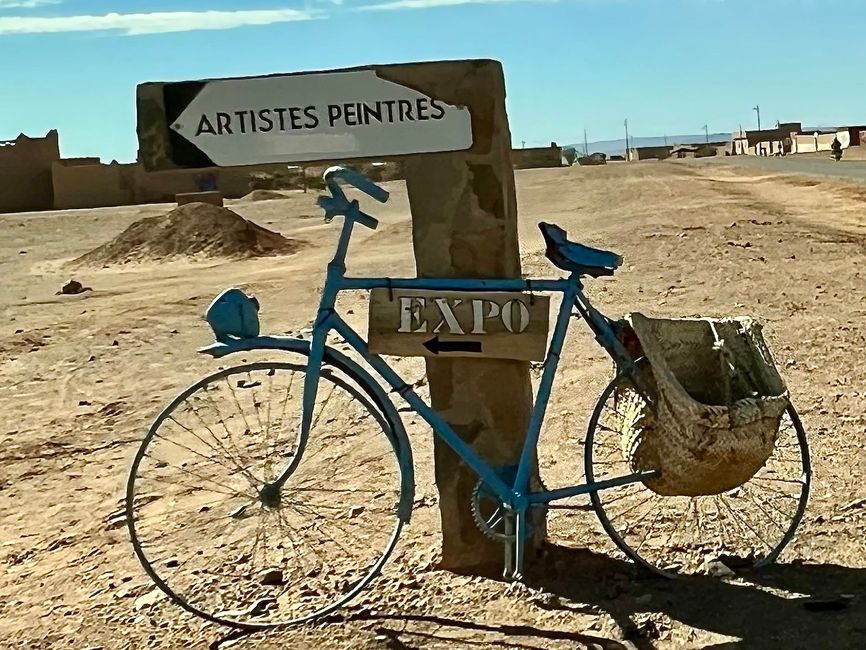
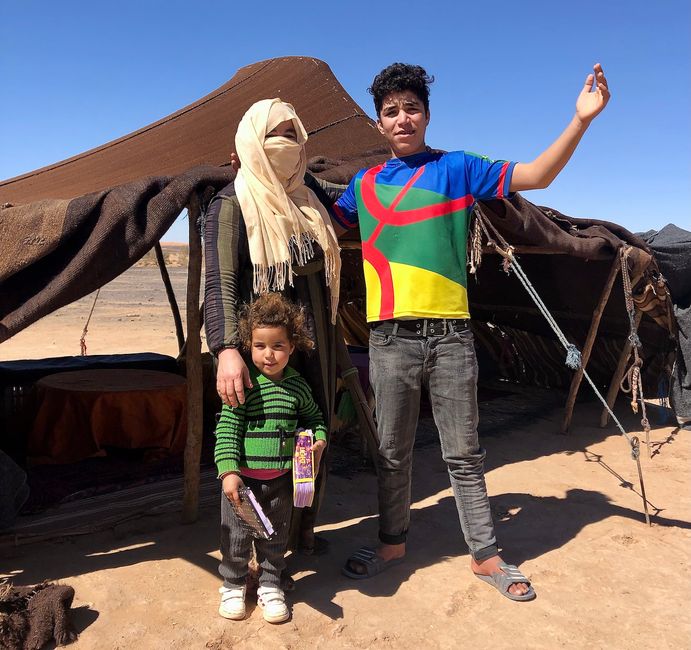
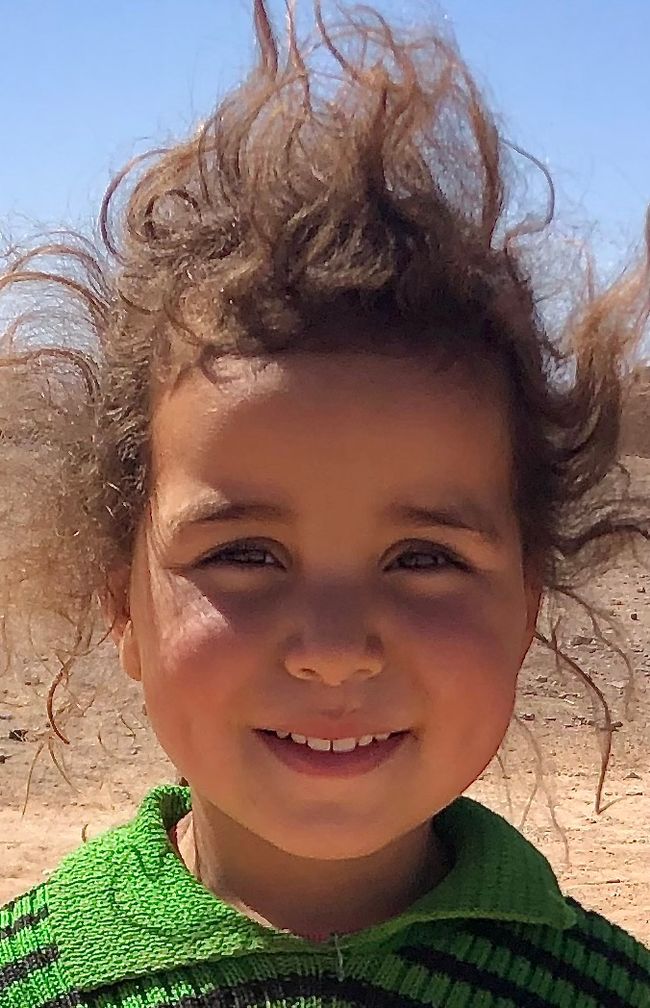
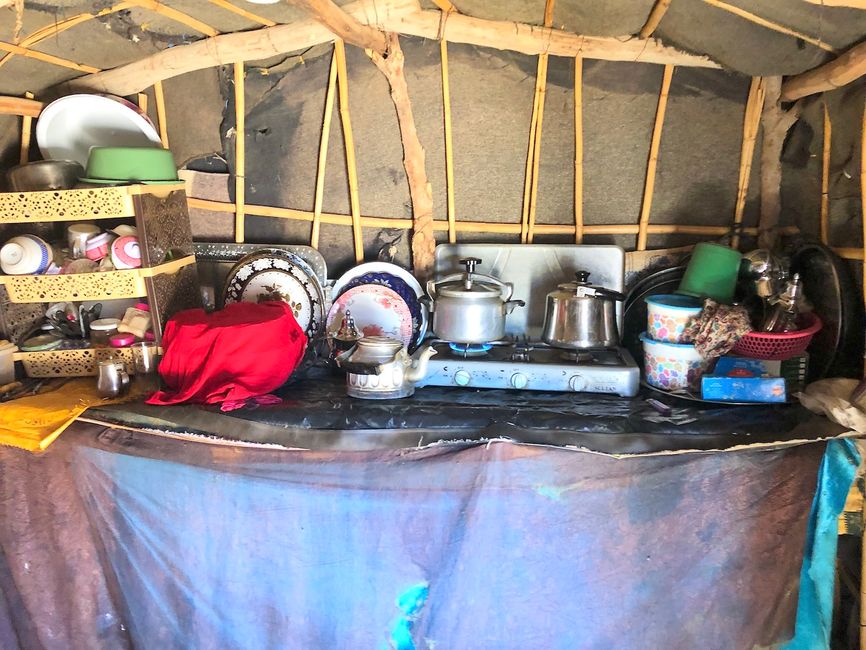
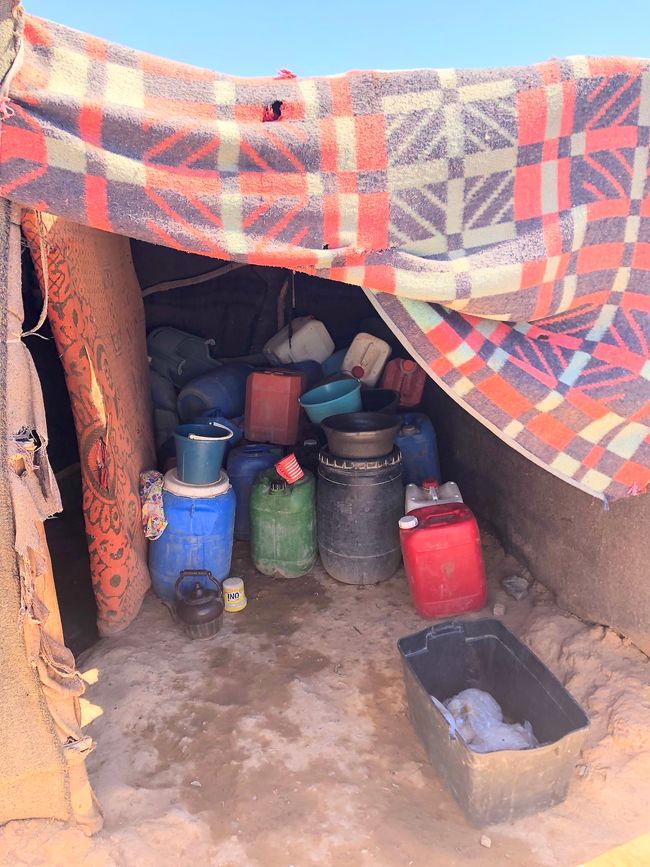
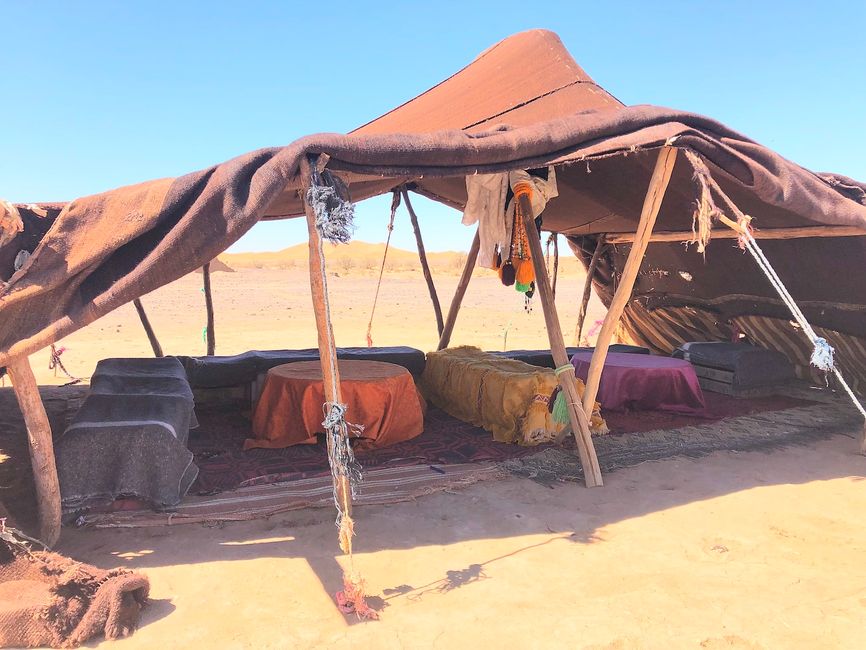
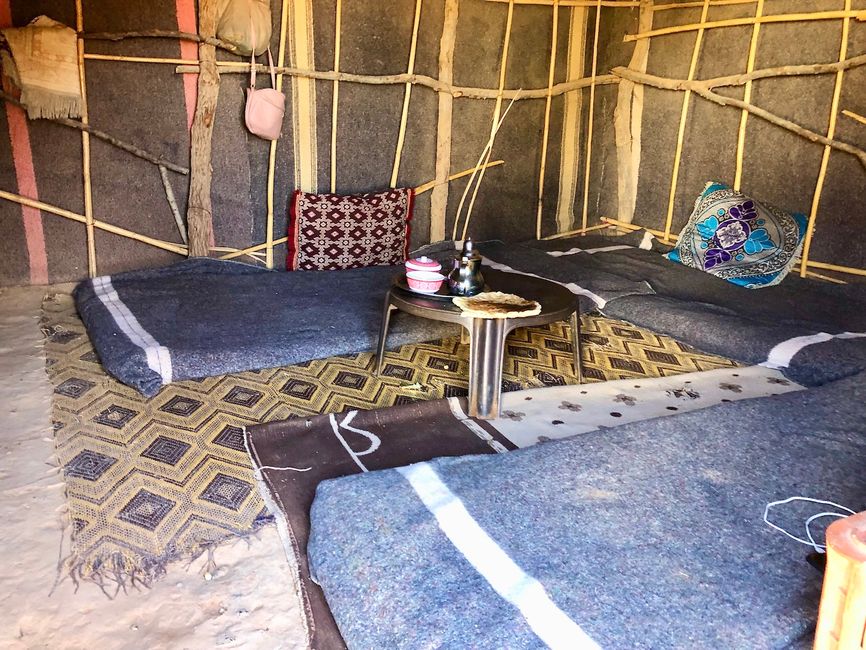
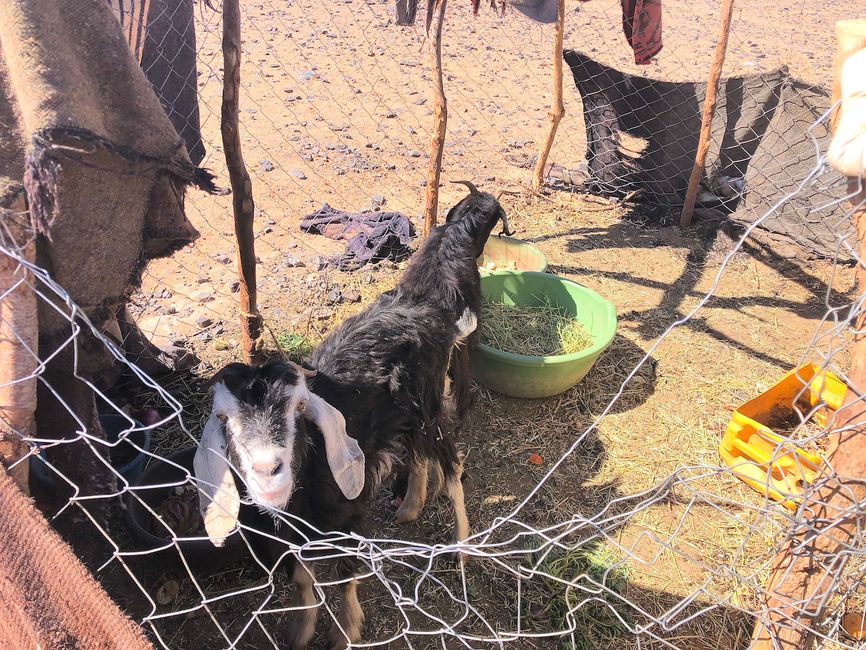
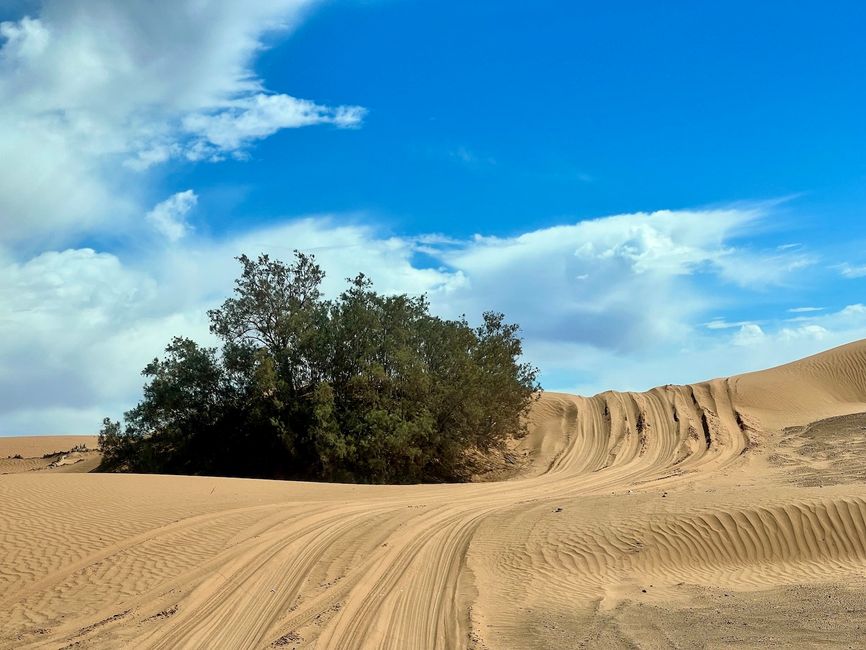
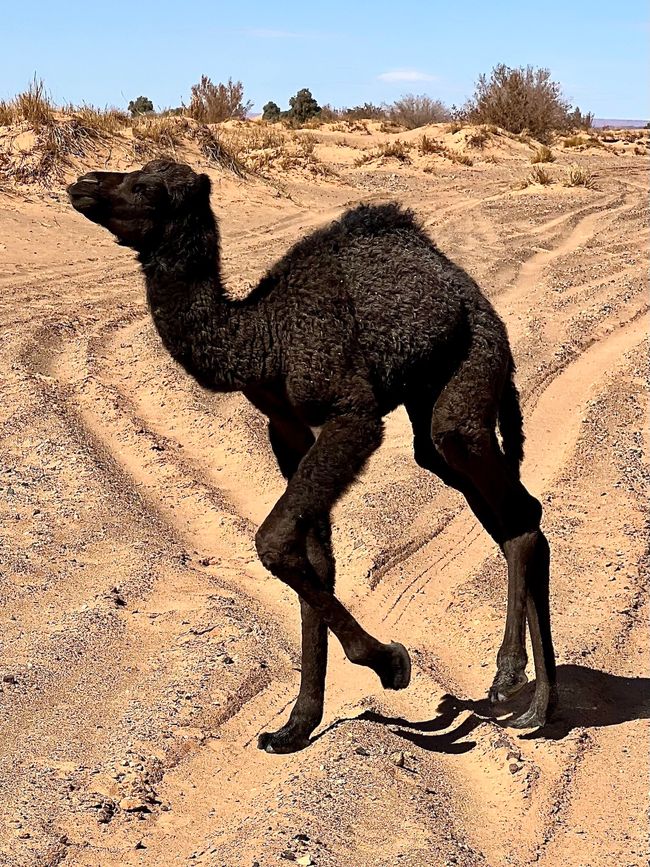
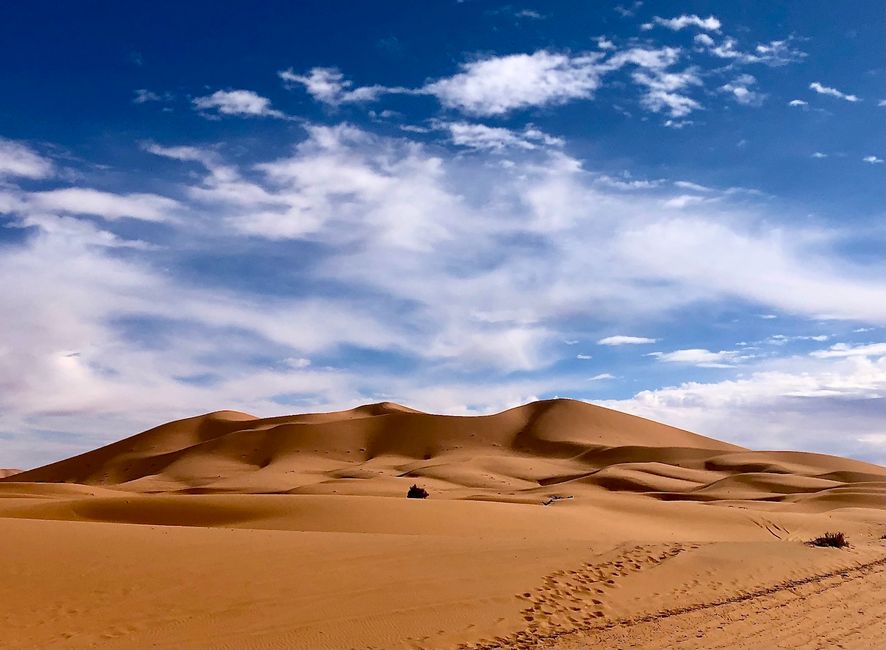
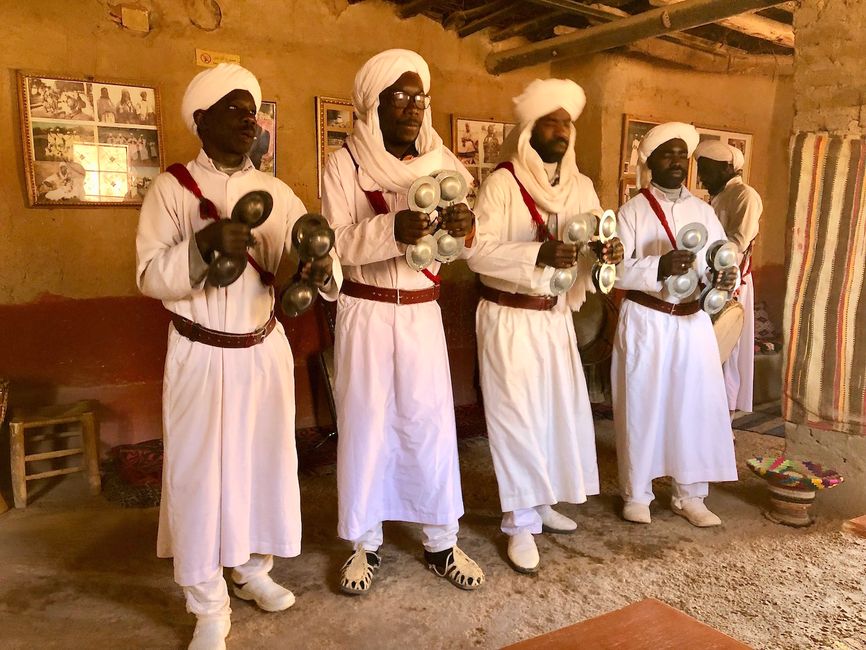
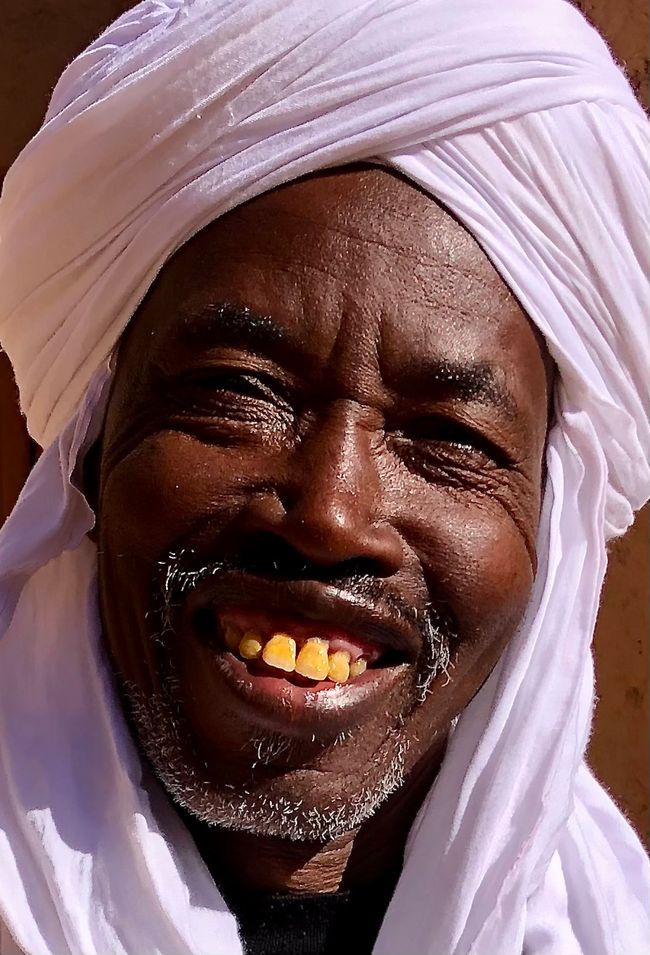
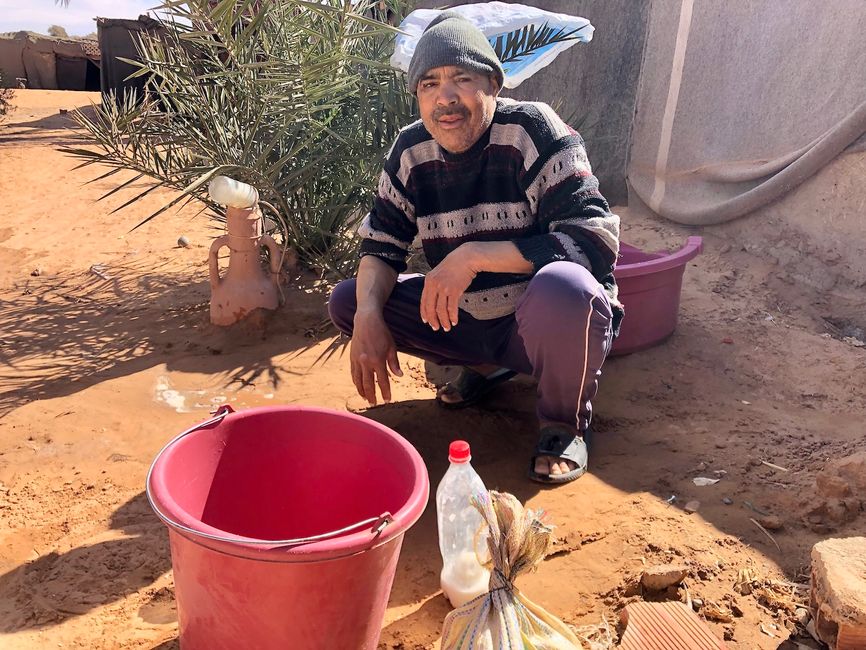
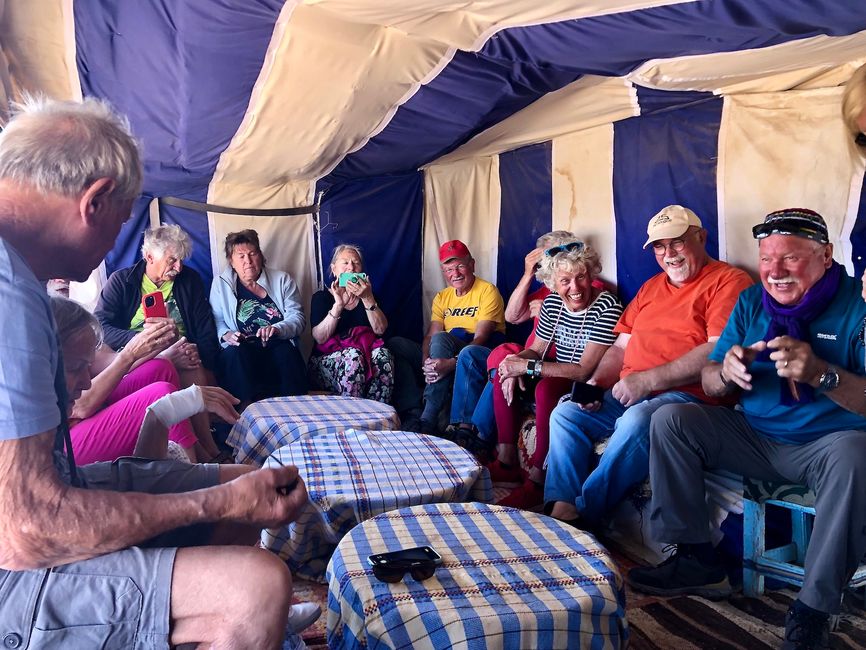
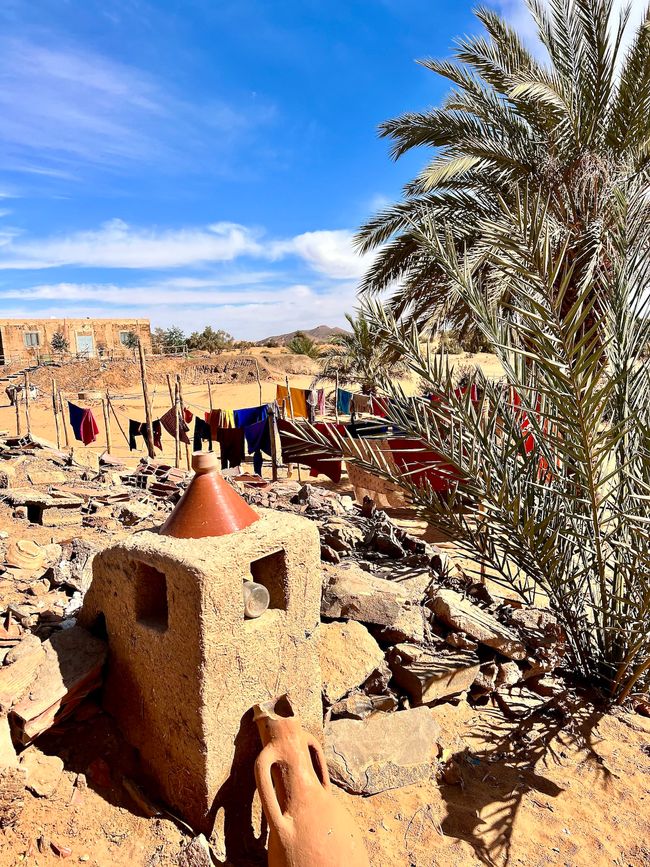
Habar býulletenine ýazylyň
28.02.23 Merzouga Today I visited a Berber family. Not as a tourist, but as a journalist. We were invited for lunch in a Berber village consisting of several groups of tents where families lived. Tents, that's not the right term, they were wood and iron rods held together with wire and ropes, covered with blankets and tarps. We were already sitting at the table in our Berber tent, but somehow I was drawn to these huts.
I was lucky because I met a young man who introduced himself as Warmaksan and who spoke a little English. He introduced me to his mother and his little sister. I asked him if I could take photos, and then the father appeared. He was very friendly and had a calculator in his hand. "Photos?" he asked and typed the number 100 into his calculator. I have had this experience many times before, but until today I always refused to pay for photos. This time I made an exception because I simply wanted to see how people can live here, under these climatic conditions, especially in the summer months. We quickly agreed on 50 Dirham, not quite five euros.
After taking the photos - the father didn't want to be in front of the camera - I still don't know. There is no electricity. The water is stored in large containers in one of the sheds. The rod frameworks are covered with heavy blankets, under which it must be scorching hot at over 50 degrees Celsius. How can they endure this, I ask Warmaksan. He laughs and shrugs his shoulders. "That has always been the case and won't be different," he says.
His ancestors come from Central and West Africa and were once brought to Morocco as slaves. His father has an old car in which he buys food cheaply, which he then trades with the surrounding Berber families. I ask him what the school is like, what he dreams of. I notice that his smile becomes a little less funny. "Yes, he goes to school," he says, "but dreaming?" He thinks for a moment and then says, "Maybe everything is good if it stays the way it is."
After searching for rocks, our first stop of the day is the village of Khamlia, nestled in the Erg Chebbi dune region. It has 400 Berbers who make a living from agriculture and livestock farming, but are increasingly tapping into tourism as a source of income. Unlike Warmaksan's family, their ancestors from the Gnaoua tribe, who also come from Black Africa, live in better conditions, have goals and concrete ideas about their future. For example, there is an initiative to preserve the original music of the Gnaoua. Zaid Oujean was the man who founded the "Pigeons du Sable", the sand pigeons, in the 90s, continuing the tradition of his people's tribe.
They perform some songs for us, but of course, these are unfamiliar sounds to our ears. But for their village, the group is an attraction that attracts tourists like us and ensures that money comes into the cash register. We are happy to pay for it because even if we can't do much with this type of music, it is a piece of cultural heritage of a foreign people that keeps our world colorful and diverse.
Habar býulletenine ýazylyň
Jogap (2)
Tina
Unvorstellbar, wie die Menschen dort leben und trotzdem immer ein Lächeln auf den Lippen haben. Und hier lebt jeder im Überfluss und ist doch so unzufrieden …
Danke für die tollen Eindrücke!Willi
Dankeschön, Tinchen❣️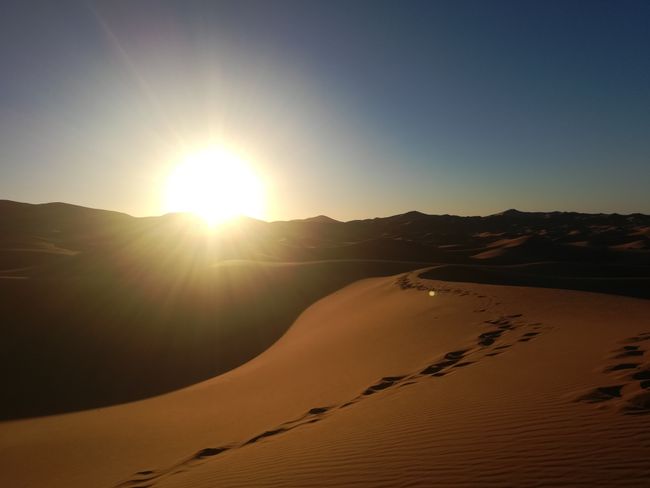
Syýahat hasabaty Marokko
